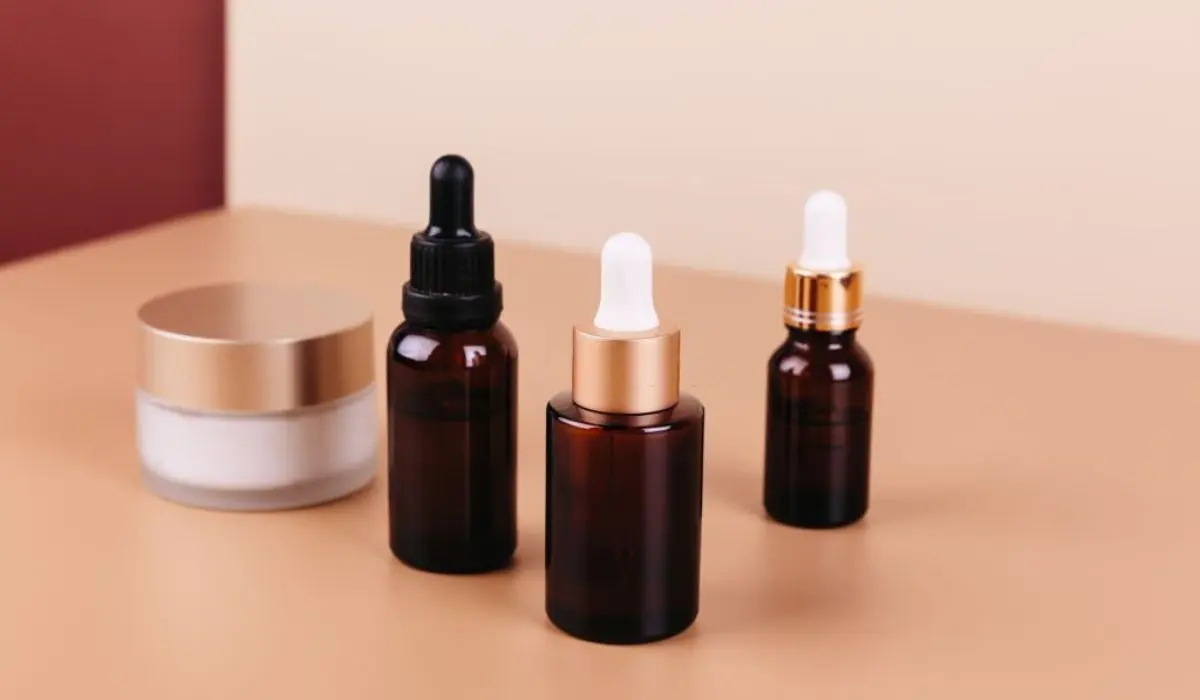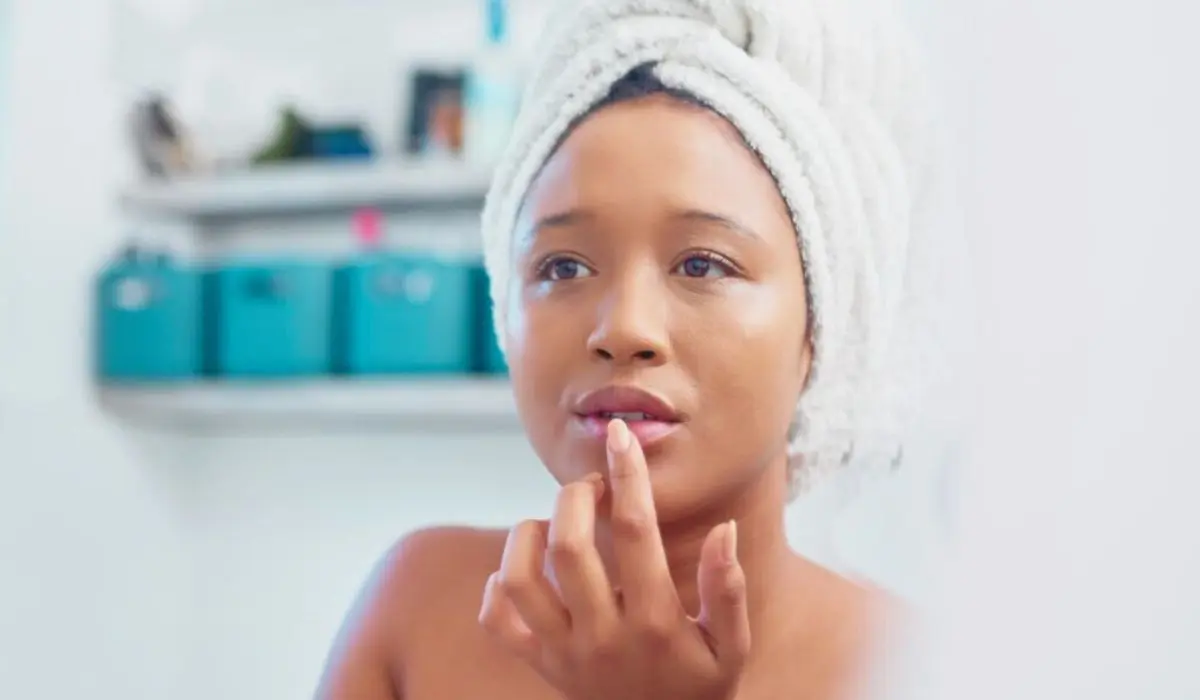Lip serums have become a popular product for hydrating dry, aging lips and reversing lip discoloration. But what exactly are lip serums and how do they differ from traditional lip balms?
This article will explore what lip serums are, their key benefits, usage tips, and frequently asked questions.
What Is A Lip Serum?
A lip serum is a hydrating, treatment-focused facial product designed specifically for the delicate lip area. Lip serums have a lightweight, fast-absorbing gel or serum texture.

They contain a high concentration of active ingredients tailored to target common lip concerns:
Common active ingredients in lip serums include hyaluronic acid for hydration, vitamins C and E for brightness, peptides for collagen production, and exfoliants like AHAs to smooth texture.
Unlike waxy lip balms, non-greasy serums penetrate quickly without residue to deliver nutrients, hydration, and anti-aging benefits to revive lip appearance and health.
What Are The Benefits Of Using A Lip Serum?
Consistent use of a quality lip serum provides several benefits:
◾️ Improves hydration
Hyaluronic acid and other humectants attract moisture to soften and hydrate dry lips.
Enhances skin texture – Alpha hydroxy acids exfoliate to smooth away flakiness and feathering.
◾️ Reduces fine lines
Peptides stimulate collagen to plump up lips and fill in wrinkles.
◾️ Evens out tone
Vitamins C, E, and B3 brighten the lips and fade darkness or discoloration.
◾️ Increases volume
Volumizing ingredients give lips a subtle plumping effect.
◾️ Protects from UV damage
Antioxidants shield lips from sun damage that causes aging.
◾️ Prevents chapping
Oils seal in moisture and prevent water loss from wind and cold.
With consistent, twice-daily use, lip serums can dramatically improve the look and feel of lips in as little as 2-4 weeks.
How To Use A Lip Serum For Best Results?
Follow these tips to maximize lip serum effectiveness:
➔ Exfoliate first
Gently scrub lips to remove dead skin so the serum can better penetrate.
➔ Apply twice daily
Use lip serum as part of morning and evening skincare for best results.
➔ Use sparingly
Only a small drop is needed to cover both lips. Avoid layering on too much product.
➔ Massage in
Gently massage the serum into lips until fully absorbed. Don’t wipe or rinse off.
➔ Use SPF
Follow with a lip balm or lipstick that contains SPF to protect lips.
➔ Avoid licking
Resist licking lips as this removes the product prematurely.
➔ Store properly
Keep lip serum in a cool, dry place and discard it if it smells off or separates.
Conclusion
Lip serums are specialized lip care products that deliver targeted hydration, nourishment, and anti-aging benefits. Consistent use can transform the texture, tone, and appearance of lips. Follow the usage guidelines to maximize results.
Can I use a lip serum along with my regular lip balm or lipstick?
FAQs
Lip serums have a lighter, more easily absorbed gel texture. They contain a higher concentration of active ingredients versus the more basic formulations of most balms.
Most people notice improvements in lip hydration, texture, and appearance within 2-4 weeks of consistent twice-daily use. Maximum benefits take 3-6 months.
Yes, lip serums are designed to be layered under other lip products. Apply serum first, then use a balm or lipstick with SPF. Reapply the serum anytime lips feel dry.
Lip serums are generally safe, but discontinue use if any irritation or allergy symptoms develop. As with any new product, first spot test by applying a small amount to your arm.

